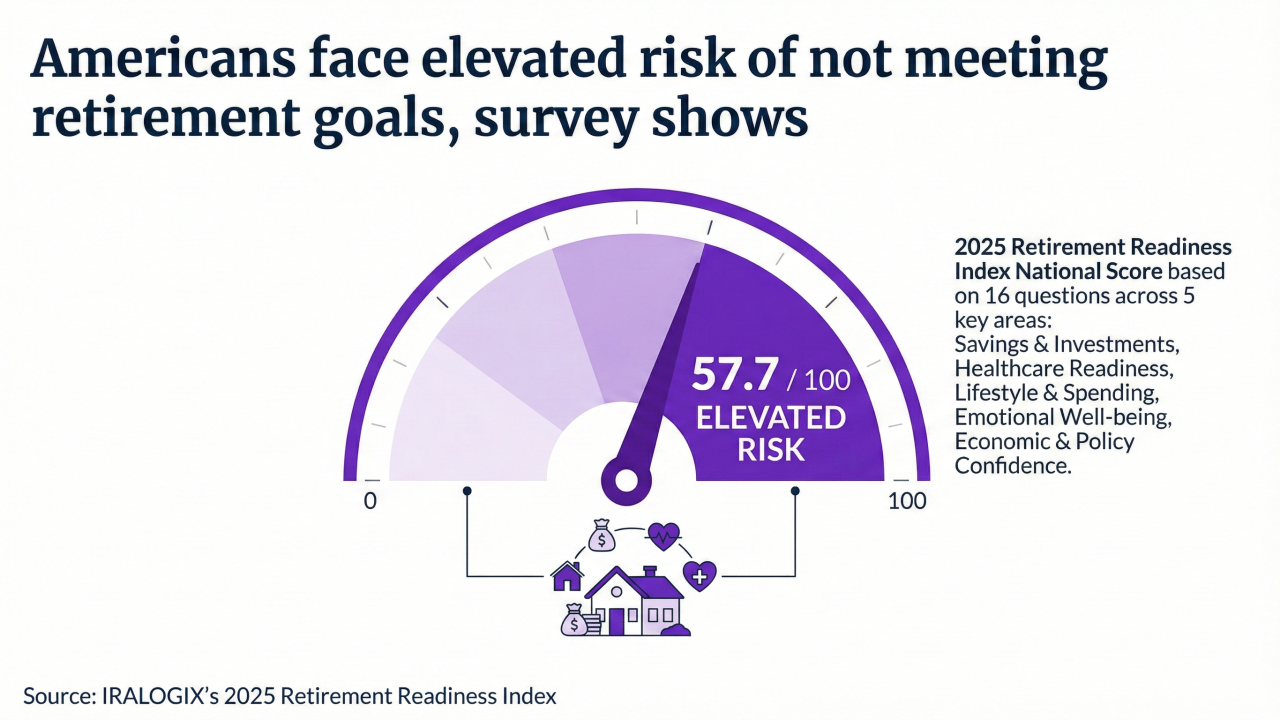With a lot of uncertainty in the healthcare industry, including the fate of the Affordable Care Act, it can be difficult for employees to determine the right choice for their current healthcare circumstances — let alone how they should be planning for their healthcare in retirement.
It’s a big issue that concerns virtually all employees. Running out of money, apprehension over potential health issues and healthcare costs are the biggest retirement concerns among the baby boomer generation, according to the

Given the level of concern, you’d think planning for retirement would be an intrinsic part of every employee’s outlook on the future. Yet another study by the
This is where employers (should) come in. Because healthcare in retirement is an issue that crosses generations, HR leaders should ease concerns by sharing five tips with workers.
1. It’s never too late to build your nest egg. Healthcare costs are rising, and inflation adjustments aren’t keeping up. The projected healthcare cost for a 65-year-old couple that retires in 2016 is $280,000, according to
2. Use multiple savings tools. Legislation is unpredictable. The Affordable Care Act, Medicaid and Medicare and Social Security all may change in the future. In fact, many Americans already are concerned that these programs may not be available to them. That’s why experts believe it’s important for Americans to use multiple savings tools to be adequately prepared for the costs of healthcare and other expenses during retirement.
3. Try to take a long-term view of projected expenses. No matter how you break it down, Americans are living longer, according to the
4. Resist dipping into your retirement savings. People are dipping into their nest eggs early. From 2015 to 2017, the PwC report found that the number of people who think they’ll likely have to dip into their retirement funds before they retire has increased from 35% to 51%. Further, the study says that only 27% of employees contributing to a health savings account plan to use the funds for future healthcare costs. Here’s where advanced planning and alternative savings plans may give many people the cushion they might need once they retire.
5. Consider consulting a professional. Asking the advice of a professional tax or financial adviser may help reduce the stress created by retirement planning. There are a lot of options available for retirement savings and planning and it may be helpful to determine whether additional counsel might be beneficial.
Retirement planning can be daunting, whether you’re a millennial beginning your first job, a Gen-Xer diversifying your portfolio mid-career, or a baby boomer quickly approaching the next phase of life. The best medicine is planning ahead, but everyone is different. Each person needs to consider his or her unique circumstances — age, income, lifestyle, health status, gender and even their state of residence — to determine how best to plan for retirement.





